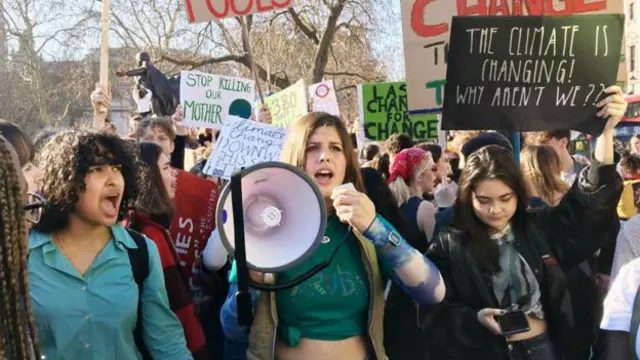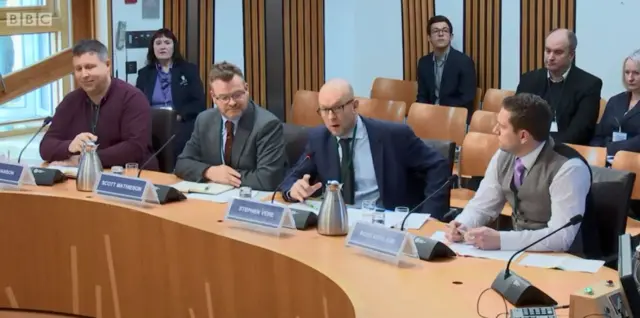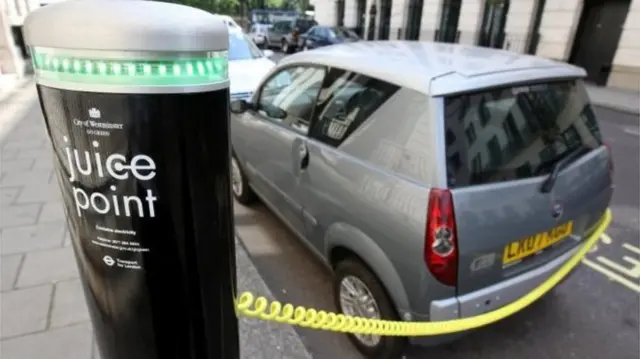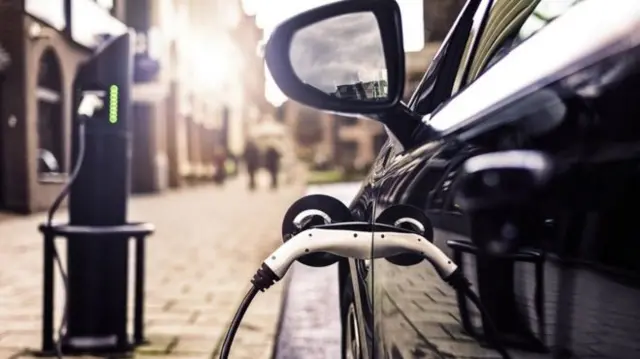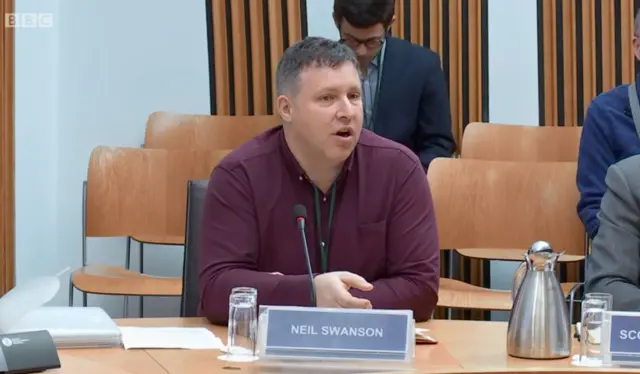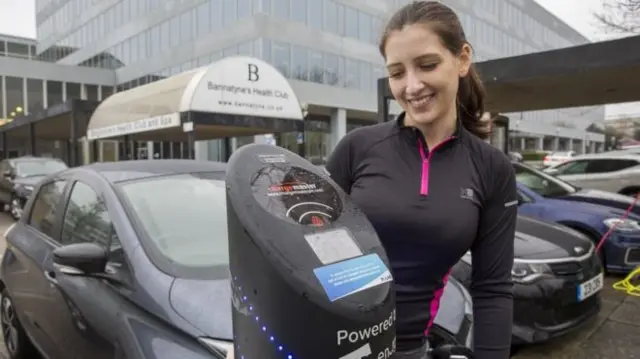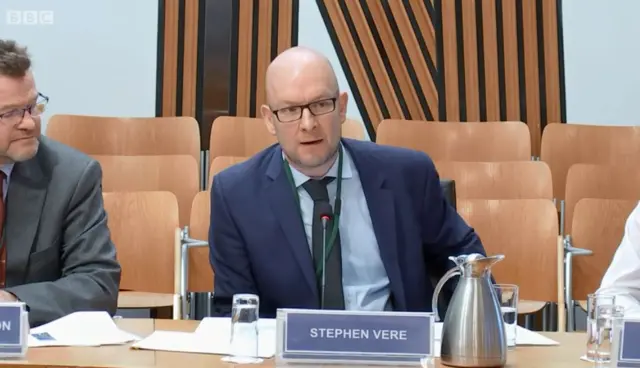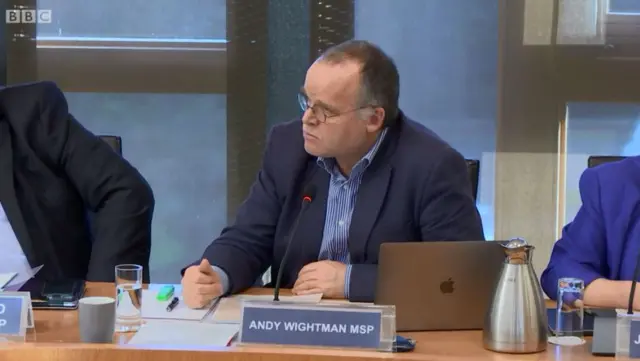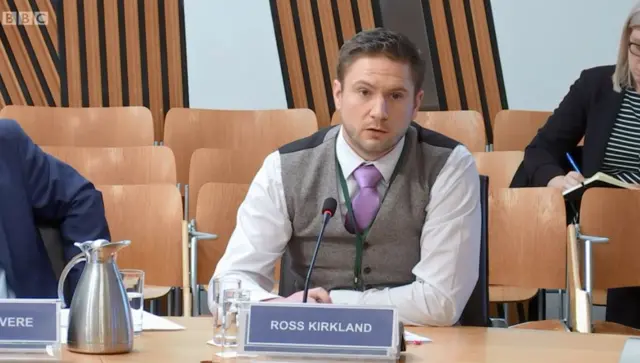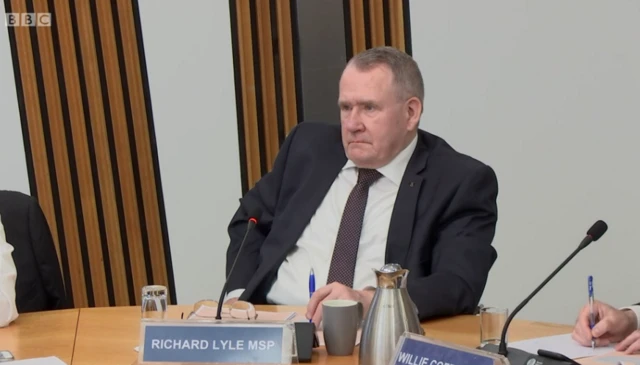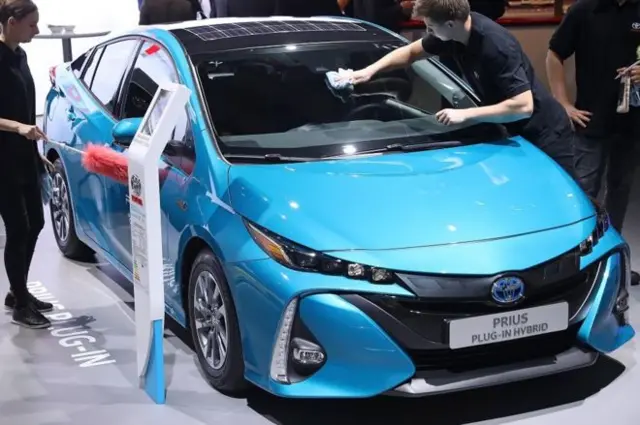Protected Trust Deeds evidence sessionpublished at 11:18 GMT 28 January 2020
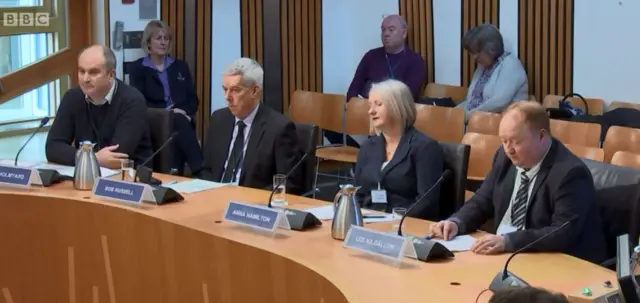 Image source, bbc
Image source, bbcThe committee now moves on to consider protected trust deeds and is taking evidence from:
- Mike Holmyard from Citizens Advice Scotland, external
- Bob Russell from Falkirk Council
- Anna Hamilton from Citizens Advice Edinburgh, external
- Lee Kilgallon from City of Edinburgh Council
